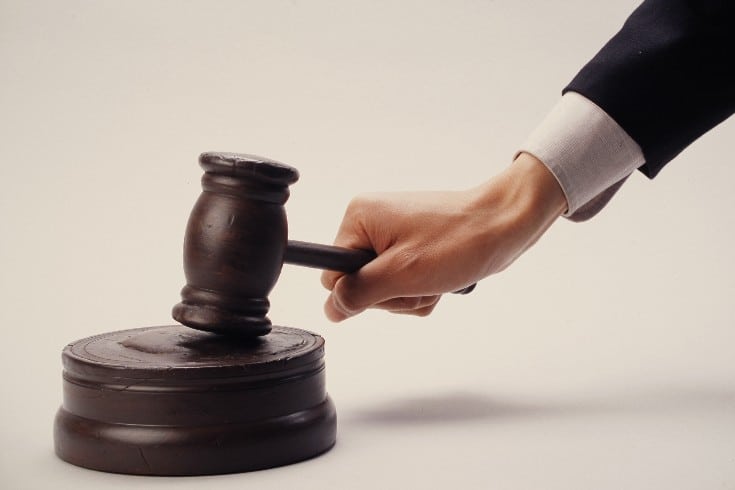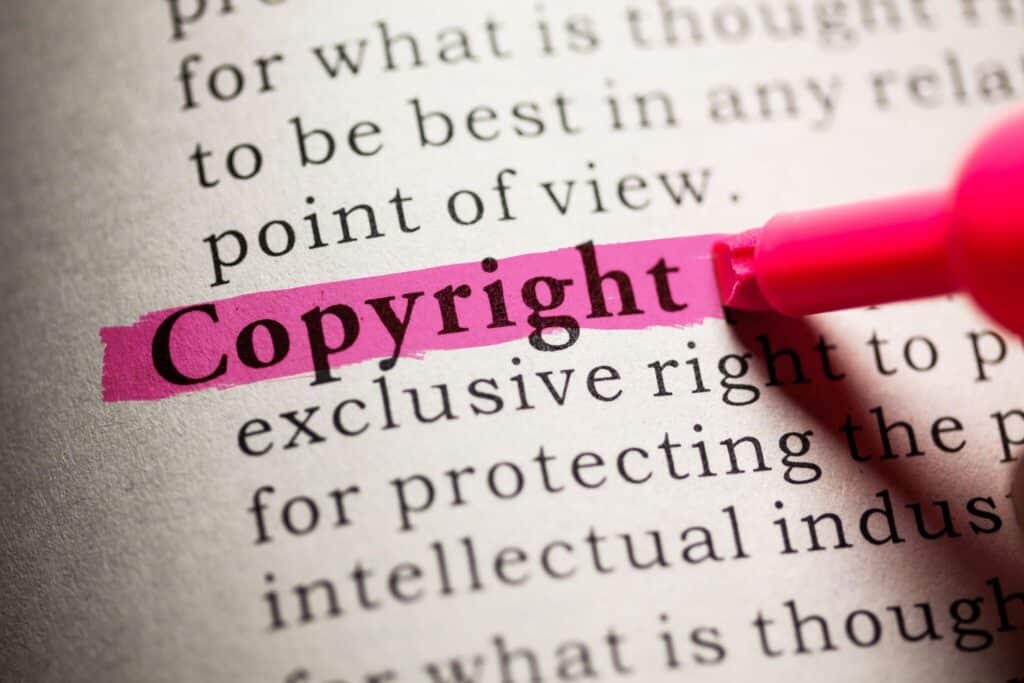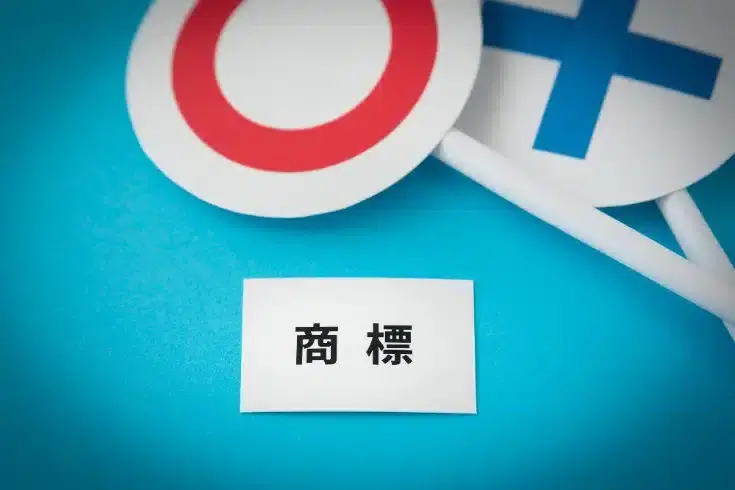What is 'Provisional Deletion,' a Crucial Measure in Defamation Mitigation?

On the Internet, if you are subjected to defamation or rumors that can cause damage, you may consider deleting the article in question. When considering the deletion of an article, the first step is to contemplate a deletion request against the site operator or server operator. However, even if you request removal through formal means such as a certificate of contents (a request to prevent transmission) without using a court, the nature of it being a “negotiation” means that the other party may not necessarily comply with the deletion. Even if you have a legitimate reason and the article should be deleted, it still falls under “negotiation,” and unless the other party voluntarily agrees to deletion, you cannot enforce it. In such a situation, you will have to seek deletion through the court.
This is analogous to a situation where someone owes you money and refuses to repay it. Since you have the right to get the money back, you should first directly request repayment, using means such as certified content if necessary. However, if the other party does not comply, you will ultimately have to seek repayment through a court. The deletion of a defamatory article follows the same logic.
However, unlike typical court procedures like seeking repayment, the deletion of a defamatory article can be done using a procedure called “provisional disposition,” rather than a “trial.” Provisional disposition is a procedure that goes through the court but finishes much quicker than a regular trial. The length varies depending on the specific case.
- Trial: Requires approximately 3-12 months, and in some cases, it can take years.
- Provisional Disposition: Many cases finish within 1-2 months.
The required time is different.
This article will explain the overview and process of provisional disposition procedures for the deletion of defamatory articles.
What Is Provisional Disposition?
What provisional disposition is and why this procedure makes it possible to delete defamatory articles, can be a bit complicated.
First, generally speaking, provisional disposition is a procedure that can secure a condition similar to winning a lawsuit before the formal trial. For example, imagine a case where an employee is falsely accused and summarily fired, and the employee disputes the validity of the dismissal. “Whether the dismissal is invalid or not” should be determined in a trial. However, if the employee remains “fired” during the trial, it poses problems, as the person won’t receive a salary, and returning to work later might be challenging. Hence, provisional disposition is used to declare, “for now, the dismissal is invalid.” If approved, the employee can continue working and receiving a salary while disputing the invalid dismissal in court. If the person wins the lawsuit, they can continue working, and if they lose, they must leave the company, acknowledging the dismissal’s validity.
Provisional disposition in defamation handling is similar to this. In other words, it’s a procedure that says, “Whether the article is illegal or not will be determined in the trial, but since keeping it published during the lawsuit can expand the damage, for now, we will consider the article illegal.” If you win the provisional disposition, the article is “temporarily considered illegal,” and it gets deleted.
In theory, a lawsuit must follow this. If you lose the lawsuit and it’s determined that “the article was not illegal,” or if you don’t initiate a lawsuit at all, you cannot complain if the article is reinstated.
However, in practical terms, an article judged “illegal” in provisional disposition is likely to be deemed “illegal” in a lawsuit, so most of the time, the ordered party will “delete the article when it’s ruled illegal in provisional disposition and not reinstate it even if a lawsuit is not initiated later.” Thus, there’s often no need to use a lawsuit, and the provisional disposition procedure as defined in Japan’s Civil Preservation Act can be used as a “quickly concluded lawsuit.”
What Is Required for the Approval of Provisional Disposition for Deletion?
To be approved for a provisional disposition for deletion, two requirements must be met (Article 13, Paragraph 1 of Japan’s Civil Preservation Act):
- The Right to be Preserved
- Necessity of Preservation
What Is the Right to be Preserved?
The right to be preserved refers to the “right to be protected” through provisional disposition orders, and in the case of deleting an online article in Japan, rights like the following are recognized as rights to be preserved:
- Right to Honor
- Right to Privacy
- Commercial Rights
- Copyright
- Trademark Right
In other words, merely claiming that “I am inconvenienced by this article” is not enough to demand the removal of a defamatory article. You must assert that “this article is infringing on my rights.”
And defining exactly what rights are being infringed upon by a given defamatory article is a legal issue in the strict sense. It requires a meticulous examination of the nature of each right, the conditions that must be met to say “this right has been infringed upon,” and how these relate to the specifics of the article’s content. This is a specialized area often best left to attorneys experienced in handling defamation.
For example, in the case of the “right to reputation” in Japanese law, one can argue that it has been “infringed upon” if the following conditions are met:
- The defamatory article in question states specific facts, not just personal opinions
- The defamatory article has led to a decline in one’s social standing
- The defamatory article is contrary to the truth
The same can be said of other rights, but these are very specialized judgments.
- Under what circumstances can it be said to be infringed upon?
- How is it infringed upon in relation to the defamatory article?
- How can this be substantiated with evidence?
The Necessity of Preservation
The necessity of preservation refers to the reasons why an issue should be resolved by provisional disposition, rather than through a full-fledged trial.
As mentioned earlier, provisional disposition is a much swifter procedure compared to a regular trial. From the opposing party’s perspective, this means that “even though they might have won if they had the time to fight in court, they lost due to the quick process, forcing them to unnecessarily delete the article.” The term “necessity of preservation” refers to the reasons why, despite this, it is appropriate to quickly remove defamatory articles through provisional disposition.
However, when defamatory articles are published online, their existence can cause daily social disadvantages to the victim, or continue to expose private information, resulting in ongoing mental damage. Especially since the Internet is a medium where once-published information can easily spread, the necessity of preservation is often recognized in cases where defamatory articles must be removed urgently.
The Flow of Provisional Disposition for Removal
Filing for Provisional Disposition
When seeking the removal of defamatory articles through provisional disposition, you must first file a “petition for provisional disposition for article removal” with a Japanese court (Civil Preservation Law, Article 23, Paragraph 2).
The victim must submit a petition describing the content of the rights to be preserved, facts of rights infringement, and necessity of preservation, along with evidence to prove these (Civil Preservation Law, Article 13). Similar to a “complaint” in a lawsuit, this document must argue how the defamatory article infringes on one’s rights, as well as asserting the existence of rights to be preserved and the necessity of preservation.
Unlike full-fledged trials where proof is needed, provisional dispositions require only “evidence,” meaning a lower degree of certainty is acceptable. This is a characteristic of the swift process of provisional disposition. However, this also demands the “necessity of preservation,” and introduces a system called “security deposit.”
The evidence may include printouts of the website where the article is posted.
Additionally, the question of which Japanese court to file the provisional disposition with can be broken down into two issues:
- Whether the dispute can be handled by a court in Japan in the first place
- If so, which domestic court (e.g., Tokyo District Court or Osaka District Court)
The former is an issue known as “international jurisdiction.” In conclusion, for major foreign-operated sites like Twitter or Facebook, international jurisdiction is typically recognized, but it requires specialized knowledge such as obtaining foreign company registration and translating documents.
The latter decision is highly specialized.
Examination Proceedings
When a provisional disposition application is filed with a Japanese court, a procedure known as “examination proceedings,” resembling oral arguments in a trial, takes place. Unlike a trial, this procedure involves the judge and the lawyers conversing across a desk.
Contrary to the image portrayed in television dramas, oral arguments in a trial are primarily centered around written documents. It’s not like one lawyer makes a speech, and the other lawyer shouts “Objection!” Rather, lawyers bring documents and evidence to the oral arguments, stating, “I will explain as written in this document,” and “I will submit this evidence,” followed by coordinating the next court date. Most “arguments” are conducted based on written documents.
However, unlike a trial, provisional dispositions require substantial discussions to take place before the judge.
- Is this article legal or not?
- What is the dispute concerning the article’s legality?
- What additional evidence is needed to be acknowledged as illegal?
- What evidence would make it no longer illegal?
Such substantial discussions must be conducted with the judge seated across the table in a short amount of time. In this sense, provisional dispositions demand more of a lawyer’s skill than a trial does. Additionally, the interval between examination proceedings and the next examination is only a few days to a week. Provisional dispositions are much swifter than trials. Sometimes, it’s necessary to gather evidence and create new documents within this period. This can be challenging, so it’s crucial to have all the necessary evidence and claims prepared from the outset.
In these situations, evidence is required for every matter. For example, if a company is suffering from defamation as a “black company,” evidence such as employee time cards must be submitted to support the fact that “Our company is not a black company.” The judgment of what kind of evidence will be admitted by the court should be where a lawyer, handling many provisional dispositions and lawsuits related to reputation damage, exhibits expertise.
Deposit of Security Money
If, as a result of the examination proceedings, infringement of rights is recognized and there is a need for preservation, it will be a “security determination.” In legal terms, it’s like being told, “I’m going to issue a winning judgment, so please deposit security money.” You must deposit the security money determined by the court at the Legal Affairs Bureau (Article 14, Paragraph 1 of the Japanese Civil Preservation Law).
Generally, in provisional dispositions, if you win, you must deposit a certain amount of money as “security money.” Provisional dispositions are a swift process, but from the other party’s perspective, it might feel like, “I could have won if we had a thorough trial, but I lost because of the prioritized swiftness.”
Even for online article removal requests, if it’s decided in the examination proceedings that “it’s illegal, so remove it,” the other party can still contest the illegality in a trial if they disagree. The trial might conclude that “this article was not illegal after all.” In that case, there may be a need to pay compensation for “having caused the article to be removed.” This is why you must deposit the “security money.” In the case of article removal, depending on the number of articles, it’s generally between 300,000 to 500,000 yen.
Normally, it is refunded after certain procedures.
Issuance of Provisional Disposition Order
Once the collateral money is deposited, the Japanese court issues a provisional disposition order for the deletion of the posted articles. As mentioned earlier, when a deletion order is issued, the other party often complies without going through a formal trial, thereby achieving the goal of getting the posted articles removed.
Execution
In the unlikely event that the other party does not comply with the provisional disposition order for deletion, you can proceed with the execution process (under Article 52, Paragraph 1 of the Japanese Civil Preservation Law). Furthermore, when applying for execution, you can force the other party to pay the amount ordered by the court until the deletion is done (under Article 172 of the Japanese Civil Execution Law).
Conclusion: Removal of Defamatory Articles Requires an Experienced Attorney in Provisional Disposition Procedure
In the matter of removing defamatory articles, if out-of-court negotiations fail, or if it’s clear from the start that the other party will not comply with out-of-court negotiations, you will need to seek the removal of the said defamatory articles through a provisional disposition procedure via the court. While the term “procedure through the court” may conjure an image of a very lengthy period, provisional dispositions are swift procedures, often concluding within a few months.
However, a “swift procedure” doesn’t mean an “easily winnable procedure.”
- Unlike a document-centered trial, substantial discussions are likely to arise during the examination procedure
- The interval between examination dates is short, so supplementary arguments and evidence must be prepared quickly
- In relation to the above, it is tough if you do not anticipate subsequent developments at the application stage and gather sufficient documents and evidence
In fact, in the case of provisional dispositions, one can say that there are more elements that challenge an attorney’s skill and experience compared to a regular trial. It can be stated that a provisional disposition concerning the removal of defamatory articles should be entrusted to a lawyer with abundant experience in handling such cases.
Category: Internet





















